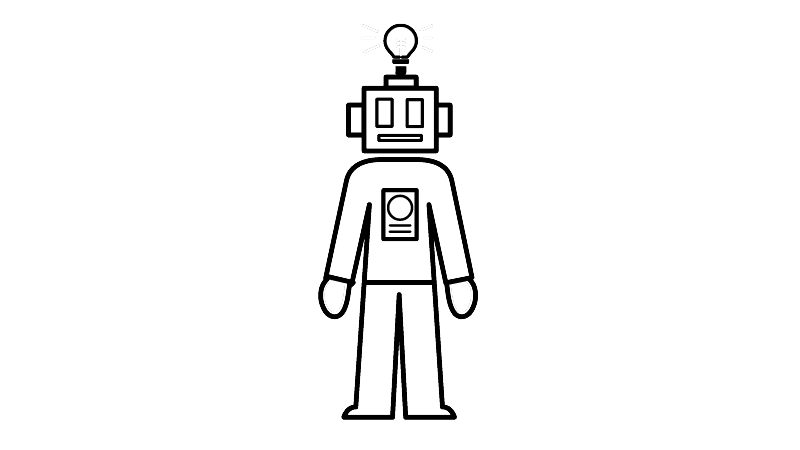Games
Artificial intelligence (AI) programmer

What does an artificial intelligence (AI) programmer do?
AI programmers create the brains of the game. The non-playable characters (NPCs - the ones that are not controlled by a player) need to make decisions and behave in ways that are believable, exciting and present the player with varying degrees of challenge. The role of the AI programmer is to write the code that outlines the way these characters operate. This gives the impression that NPCs have thought and emotion.
AI programming is a highly specialised area, however, there is often overlap with physics and gameplay programming. The exact scope of the job varies from studio to studio.
Watch
What’s an AI programmer good at?
- Programming: have a very high-level of programming ability, adapt new scripting languages, understand the requirements and constraints of games consoles, PCs, handhelds and mobiles
- Maths: have outstanding maths abilities, strong analytical and problem-solving skills
- Psychology: understand how characters are likely to behave
- Knowledge of gameplay: understand how the behaviours of the characters will enhance the player’s experience and strengthen the authenticity of the game
- Innovation: be able to develop cutting-edge systems and use them in a creative way
- Communication: be able to share expertise in writing and verbally with other members of the team
Who does an AI programmer work with?
AI programmers work closely with physics programmers and gameplay programmers. They report to the lead designer and work hand-in-hand with gameplay designers to create the decision trees and neural networks that form the basis of the game. They also work with QA technicians to fix issues that arise from testing.
How do you become an AI programmer?
AI programmers tend to be very highly qualified. They often have a master’s degree or a PhD. Even with academic research behind them, they still need several years’ experience as a generalist programmer in the games industry before being taken on in AI.
At school or college:
Take A-levels or Highers in:
- Physics
- Maths
- Computer Science
- Psychology
Build a portfolio:
Whatever your route you are going to need to build a portfolio to show to admissions tutors and employers. Go to Build your games portfolio to learn how.
Have a go at modding:
Create your own levels of published games using software toolkits provided as part of these games.
Get a degree:
An increasing number of physics programmers have master’s degrees and PhDs. Get a degree in, physics, computer programming, game development or advanced mathematics. Or have a look at ScreenSkills’ list of recommended courses in games and select one in programming. We recognise courses with our ScreenSkills Select award where they offer training in the relevant software, dedicated time to building a portfolio and have strong links with the games industry.
Network:
Get to know people in the games industry by attending events, including games conferences and expos. Meet professionals and ask them questions about their work, while demonstrating interest and knowledge in the industry. Offer to provide them with your professional contact details and try to stay in touch with them. Go to Network well to learn how to do this.
Search for jobs:
Use the UK Games Map to find out if there are games companies near you. Then go to their websites directly and check out their open roles. Look for roles as a generalist programmer first.
You might also be interested in…
Being a technical animator, graphics programmer, gameplay programmer, physics programmer, virtual reality (VR) programmer, tools engineer, an engine programmer or a network programmer in the games industry. You might also be interested in being a software developer in visual effects (VFX). Alternatively, you could consider a technical director (TD) role in VFX or in the animation industry, or working in robotics.






